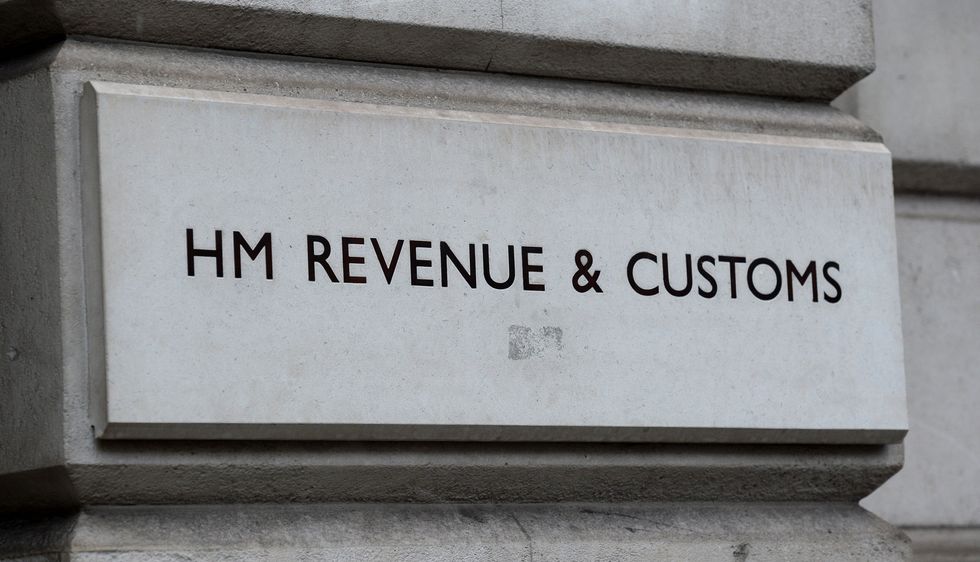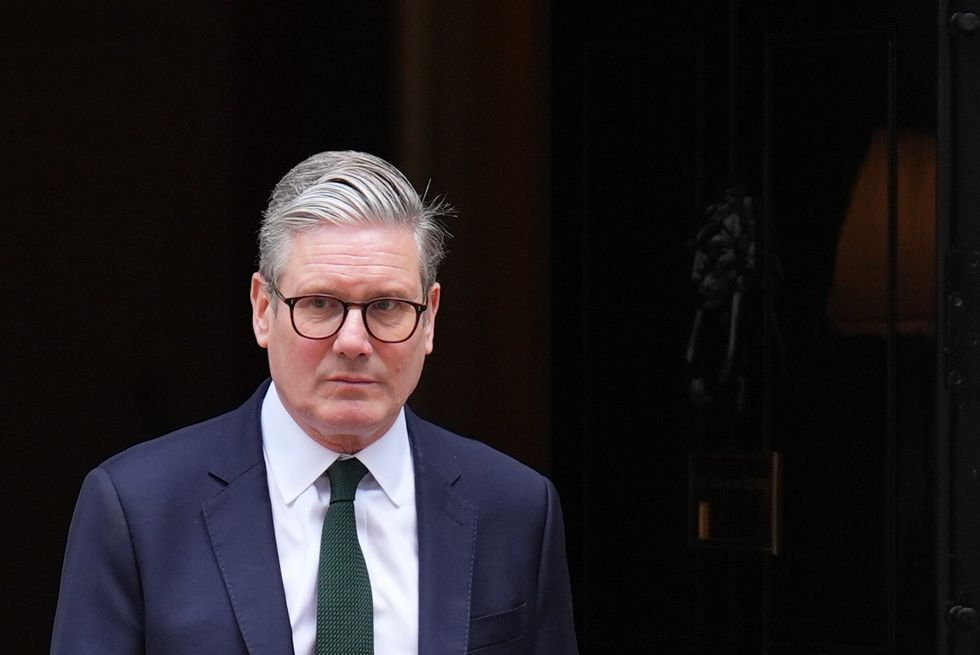Reeves may end up raising taxes to pay for Labour's plans in Government
PA/GETTY
Tax rises could be implemented to pay for Labour's spending plans, according to a leading think tank
Don't Miss
Most Read
Trending on GB News
Chancellor Rachel Reeves may need to raise up to £25billion in taxes to fund Labour's spending plans, according to estimates from the Institute for Fiscal Studies (IFS).
The think tank's Green Budget report, funded by the Nuffield Foundation and using economic forecasts from Citi, highlights the significant challenges facing Reeves as she prepares for her first Budget on October 30.
Despite inheriting a difficult public finance situation, with taxes at historic highs and rising debt, Reeves has pledged to increase investment spending and funding public services.
However, she faces constraints due to Labour's manifesto pledges not to raise key taxes, including income tax, corporation tax, National Insurance, and VAT.
IFS director Paul Johnson warns that Reeves' first Budget "could be the most consequential since at least 2010".
To avoid spending cuts and meet her pledge to borrow only for investment, Reeves would need to implement a £16billion tax rise to balance the budget by 2028-29.
Do you have a money story you’d like to share? Get in touch by emailing money@gbnews.uk.

Britons may end up paying more tax to pay for Labour's fiscal agenda
PAThis would be in addition to the £9billion tax increase outlined in Labour's manifesto, totalling nearly £25billion.
Such a tax hike would surpass those implemented in July 1997 and October 2010, which were around £13-£14billion each.
Despite this, Labour's commitment not to raise key taxes presents a significant challenge for the Chancellor in achieving this scale of increase.
To meet this year's pay settlements and avoid future cuts to public services, Reeves would need to allocate an additional £30billion for day-to-day spending by 2028-29, according to IFS estimates.
This comes as Labour claims to have inherited a £22billion "black hole" in public finances from the previous Government.
Reeves has warned of "tough decisions" ahead but rejected the notion of a return to austerity.
Speculation abounds regarding Reeves' potential strategies for raising funds.
The IFS suggests that changes to capital gains tax could be considered, though director Paul Johnson emphasises the need for "careful reform rather than a simple increase".
Inheritance tax modifications are also rumoured to be under consideration. These potential changes come against a backdrop of strained public finances, with taxes at an all-time high and public services under pressure.
The IFS notes that prisons, police, and local councils are particularly affected.
LATEST DEVELOPMENTS:

Labour's Budget is set to be under scrutiny
PAPaul Johnson highlights the Chancellor's dilemma, stating: "The temptation then is to borrow more, perhaps changing the definition of debt targeted by the fiscal rules."
However, he cautions that this approach is "not risk-free" given the UK's dual deficits in both budget and current account.
Benjamin Nabarro, Chief UK Economist at Citi, offers a cautiously optimistic economic forecast for the UK. He suggests there is "a notable opportunity for structural reform". However, Nabarro warns that the UK faces unique budget constraints compared to other advanced economies.
He explained: "Unfortunately, large outstanding debt stocks and a current account deficit mean the UK faces budget constraints that many other advanced economies don't."








